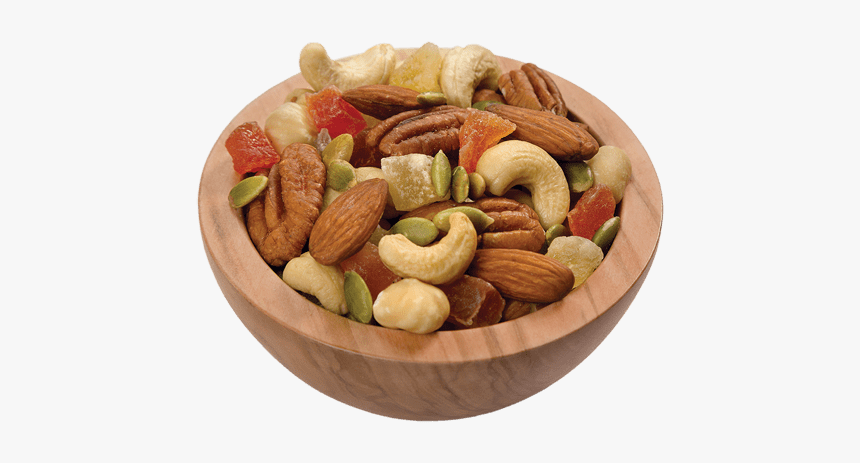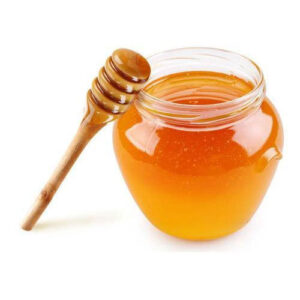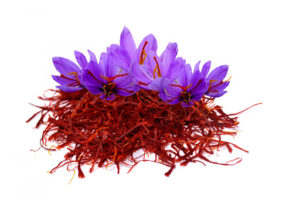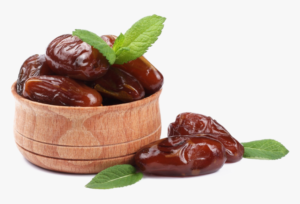A nut is a fruit composed of an inedible hard shell and a seed, which is generally edible. In general usage and in a culinary sense, a wide variety of dried seeds are called nuts, but in a botanical context “nut” implies that the shell does not open to release the seed (indehiscent). The translation of “nut” in certain languages frequently requires paraphrases, as the word is ambiguous.
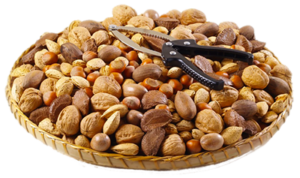
Most seeds come from fruits that naturally free themselves from the shell, unlike nuts such as hazelnuts, chestnuts, and acorns, which have hard shell walls and originate from a compound ovary. The general and original usage of the term is less restrictive, and many nuts (in the culinary sense), such as almonds, pecans, pistachios, walnuts, and Brazil nuts, are not nuts in a botanical sense. Common usage of the term often refers to any hard-walled, edible kernel as a nut. Nuts are an energy-dense and nutrient-rich food sourceTop 5 Healthiest Nuts
- Almonds. Almonds are known for being the nut highest in calcium and contain many other vitamins and minerals. …
- Pecans. Pecans contain dietary fiber, which is great for your digestion because fiber helps your body cleanse itself of toxins. …
- Hazelnuts. …
- Macadamias. …
- Walnuts.
PeanutsThe many health benefits, coupled with their incredible value, is why peanuts reign as “king of all nuts,” according to Food Navigator. Peanuts are a smart source of plant-protein, packing more punch than any other nut. In each one-ounce serving of peanuts there is eight grams of protein.

